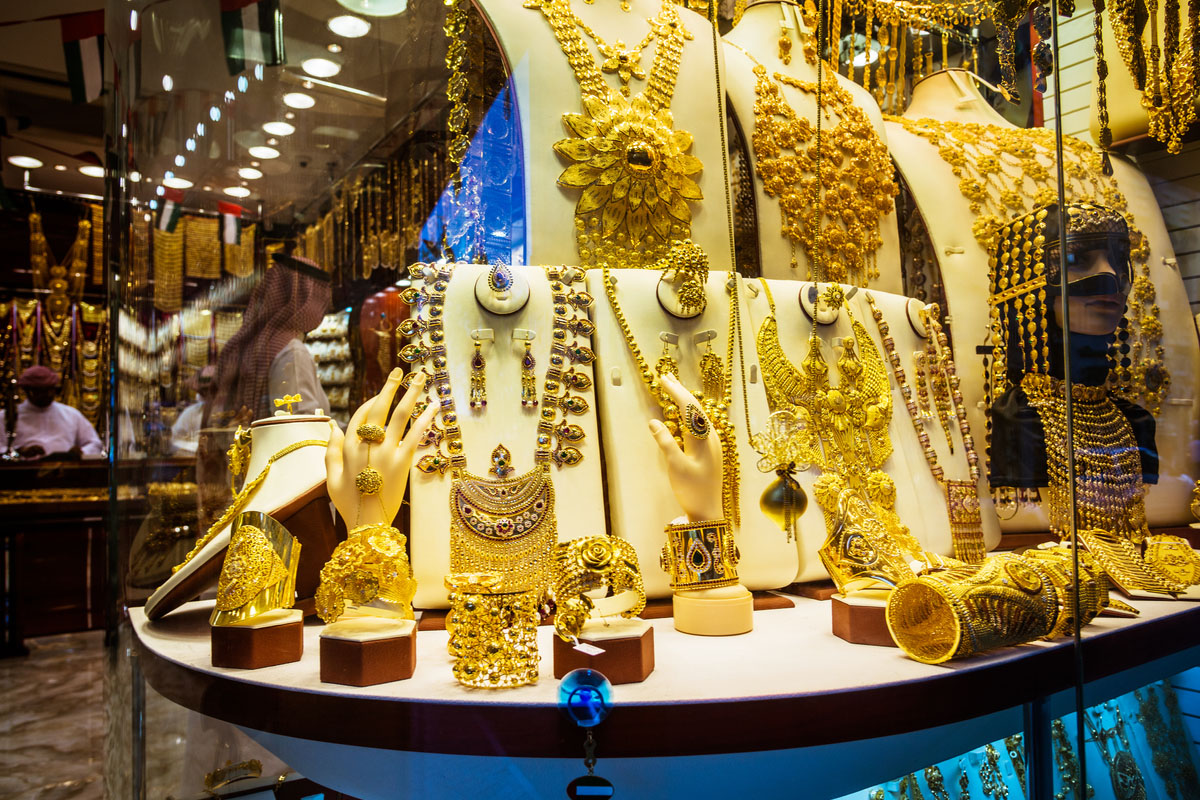Online jewellery sales in India have seen rapid growth over the past few years, largely driven by demand from millennials amid growing internet penetration, World Gold Council said.
Most online sales, it said, are driven by consumers aged between 18 and 45 and while online jewellery purchases have risen, the average ticket size has, however, remained between 5 and 10 grams.
Advertisement
The World Gold Council on Wednesday launched a report titled ‘Jewellery market structure’, as part of a series of in-depth analyses of the Indian gold market.
The report highlighted a notable shift in India’s gold jewellery market over the past few years, catalysed by changes in consumer behaviour and government regulations where small independent retailers still dominate the landscape, the market share of chain stores has increased steadily over the last decade.
The global bullion body said online buyers tend to purchase lightweight daily wear, fashion jewellery in 18-carat gold. Going ahead, it projects that the market share of online jewellery in the next five years could increase to 7-10 per cent.
“Jewellery parks, some of which have already been established, will help address concerns about ethical standards and working conditions. The same can help eliminate barriers impeding the growth of the manufacturing industry, further supporting demand positively,” said Somasundaram PR, Regional CEO, India, World Gold Council,
“The bottom line is – the sector has grown but the wave of change facing the industry due to tech adoption and broader tax compliance in the economy can be a boon for those who are willing to transform and a significant risk for others whose business models continue to rest on legacy practices,” the Regional CEO added.
The council in its report noted that demonetisation and the introduction of the Goods and Services Tax (GST) have helped the industry to become more organised and therefore more transparent.
However, there are still numerous challenges that threaten the retail gold jewellery industry’s growth.
“The Indian gem and jewellery industry still struggles with securing bank credit. More than 20% of loans given to this sector have become non-performing assets (NPAs), resulting in the gem and jewellery industry gaining just 2.7% of India’s total credit issuance,” the council said.
Financing, it said, is even more troublesome for smaller independent jewellers who tend to rely on the monthly gold scheme for funding or act as money lenders.
Despite being one of the world’s largest fabricators of gold jewellery, India’s manufacturing industry is still highly fragmented and unorganised.
The report stated that only 15-20 per cent of manufacturing units operate as organised and large-scale facilities, less than 10 per cent about five years ago.
“Small jewellery workshops and artisans still dominate the manufacturing industry. While there is no official estimate on the number of manufacturers in India, and many operate independently as freelancers, industry estimates suggest there are 20,000-30,000 manufacturing units across the country. While ‘karigars’ (artisans) form the backbone of the Indian gem and jewellery industry, many still work in extremely poor conditions and are underpaid as compared to other industries.”











